


People who suffer from asthma are often allergic to certain foods as well. Coming into contact with these food allergies can lead to severe allergic reactions. Signs and symptoms of asthma such as wheezing, difficulties breathing, coughing, etc., will get worse. Certain foods can cause a greater risk for a severe and life threatening asthma attack. For this reason, it is very important to avoid the foods that you are allergic to. Good news is that only few people who suffer with asthma need a special diet.
The following foods are the ones that mostly cause allergies and asthma:
1. Milk and Milk Products

There is a link between being allergic to milk and milk products and asthma. Luckily, only a few people are allergic to milk products. When allergic to these foods, consuming them can lead to wheezing and other breathing problems, but not only. Allergies to dairy products are common in children, but as the gastrointestinal system matures, children grow out of this allergy. Dairy products should only be avoided when it is really necessary. Otherwise, dairy products should be part of your daily diet as they have many health benefits.
2. Eggs

An allergy to eggs is more common among children just as the allergy in dairy products mentioned above. Luckily, children often grow out of this allergy. People who have egg allergies often are able to eat well cooked eggs and foods that contain eggs without a problem, but an allergic reaction is triggered only when they eat raw eggs or undercooked eggs.
3. Nuts

Nut and peanut allergy is the most common type of food allergy in children and adults. Allergic reactions can vary from mild to moderate and even severe or life-threatening ones.
4. Seeds

The most common seeds allergy is the allergy to sesame. The allergic reaction may vary, but often these are strong reactions. Allergies to other seeds like sunflowers, poppy seeds or other types of seeds are also possible.
5. Fish and Shellfish

Fish and shellfish allergies are very common and sometimes people can be allergic even to the vapors produced while fish and shellfish dishes are cooked. It has been estimated that one in 200 people are allergic to fish, while one in 100 people are allergic to shellfish. The severity of allergic reactions to fish and shellfish varies from one person to the other.
6. Wheat

Allergic reactions to wheat are also possible. Instant symptoms of wheat allergic reactions include wheezing, difficulties breathing, skin rash, diarrhea, conjunctivitis, etc. People who work in bakeries also have reported the development of allergic reactions to wheat due to their constant exposure to wheat because of flour inhalation.
7. Soya

Soya is commonly found in many foods, including margarine, soups, and not to mention the soya sauce.
8. Food Additives
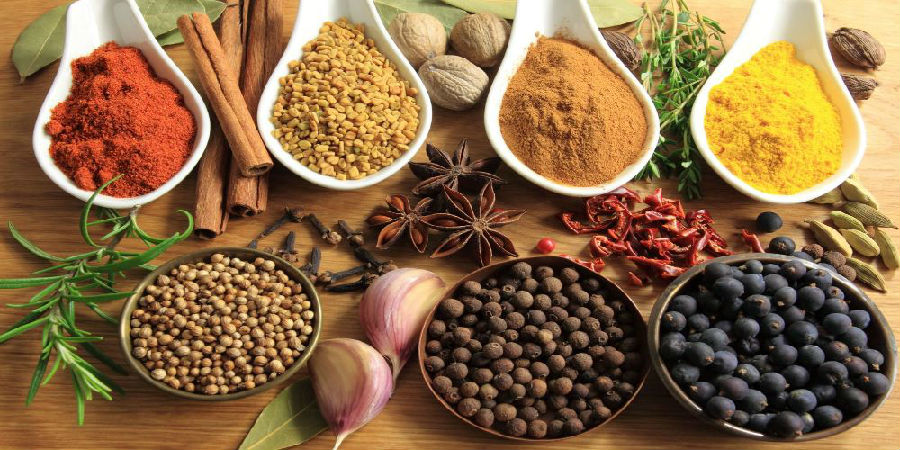
Food additives are commonly found in the foods we consume daily. They are part of processed foods needed for their preserving, added as a food coloring, etc. The most common allergies to food additives are the allergies to tartrazine and sulfites. Tartrazine is a food coloring additive, while sulfites are salts commonly used when preserving processed foods. Allergic reactions to nitrites, benzoates, and other food additives are also possible.
9. Salicylates

Salicylates are chemicals commonly found in dried herbs, dried spices, etc. Salicylates are also the main ingredient in anti-inflammatory painkillers such as aspirin.
10. Gassy Foods and Stomach Fullness
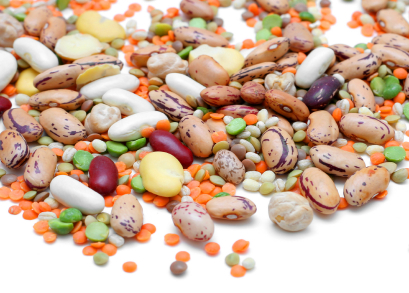
After a large meal, it is normal to have a feeling of fullness. However, when dealing with asthma, having a large meal can make you have more breathing problems as a full stomach pressures the diaphragm. In order to prevent any further breathing difficulties due to stomach fullness, you should aim to eat frequent smaller meals instead of larger meals. Stomach fullness can also be avoided by eliminating gassy foods from the diet. Foods that cause asthma and make its signs and symptoms get worse due to stomach fullness are garlic, onions, beans, broccoli, cauliflower, sausage, etc.
11. Fatty Meats
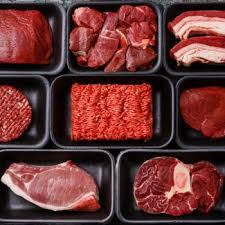
Fatty meats are packed with saturated fats which can contribute to asthma. Fatty meats will make the breathing problems get worse and even make the lungs inflamed. Foods that cause asthma such as fatty meats should be avoided. Instead, healthier options should be part of your diet such as fish, legumes, poultry without skin, etc.
12. Citrus Fruits
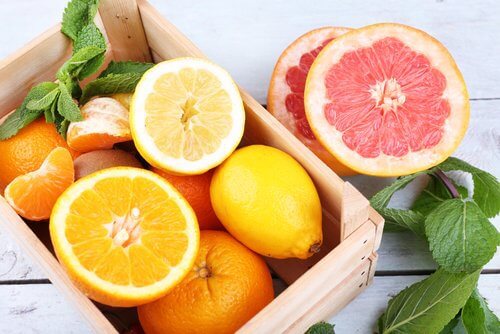
You have probably heard that citrus fruits and tomatoes are very healthy, packed with nutrients and fiber. However, citrus fruits and tomatoes can make the signs and symptoms of asthma get worse. For this reason, if citrus fruits and tomatoes trigger your asthma symptoms, eliminate foods like grapefruits, oranges, lemons, nectarines, limes, tomato sauce, tomato juice, or tomato paste from your diet.
Other types of fruits which are non-citric such as berries, red grapes, plums, kiwis, mangos, etc., should be part of your diet as they are packed with nutrients which will strengthen your immune system.
13. Salty Foods
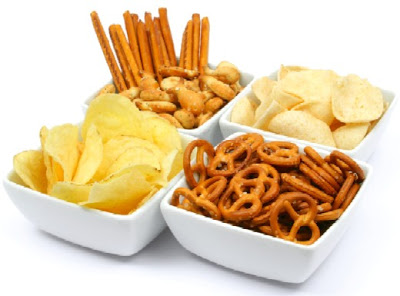
Salt is used in every cousin when preparing various meals as it enhances the taste. However, salty foods can make the asthma signs and symptoms get worse. Foods that are high in sodium such as potato chips, crackers, canned fish, processed meats, cheese, etc., should be avoided.
How Do You Know It's a Trigger?
If you think that a certain food is triggering your asthma signs and symptoms, you should consult your healthcare provider. There are certain skin tests which will help you relieve an allergy to a specific food type.
What’s the Best Way to Reduce the Risk of the Trigger Affecting You?
If you do know that you are allergic to a certain food and if you have revealed such an allergy with a skin prick test, then you should completely avoid it for the rest of your life. It is also very important to recognize the signs and symptoms of an allergic reaction on time, especially in cases of severe and even life-threatening allergic reactions.
Foods that cause asthma should be avoided if you want to manage its signs and symptoms as good as possible. If your healthcare provider has prescribed you medications for your asthma, don’t forget to take them regularly on a daily basis just as prescribed. Remember that by taking your medications regularly, you are less likely to have an asthma attack even if you do not come in contact with a specific food allergen that you know you are allergic to.
Other Tips That Could Help
Here are some tips that can help you avoid foods that cause asthma and asthma attacks: